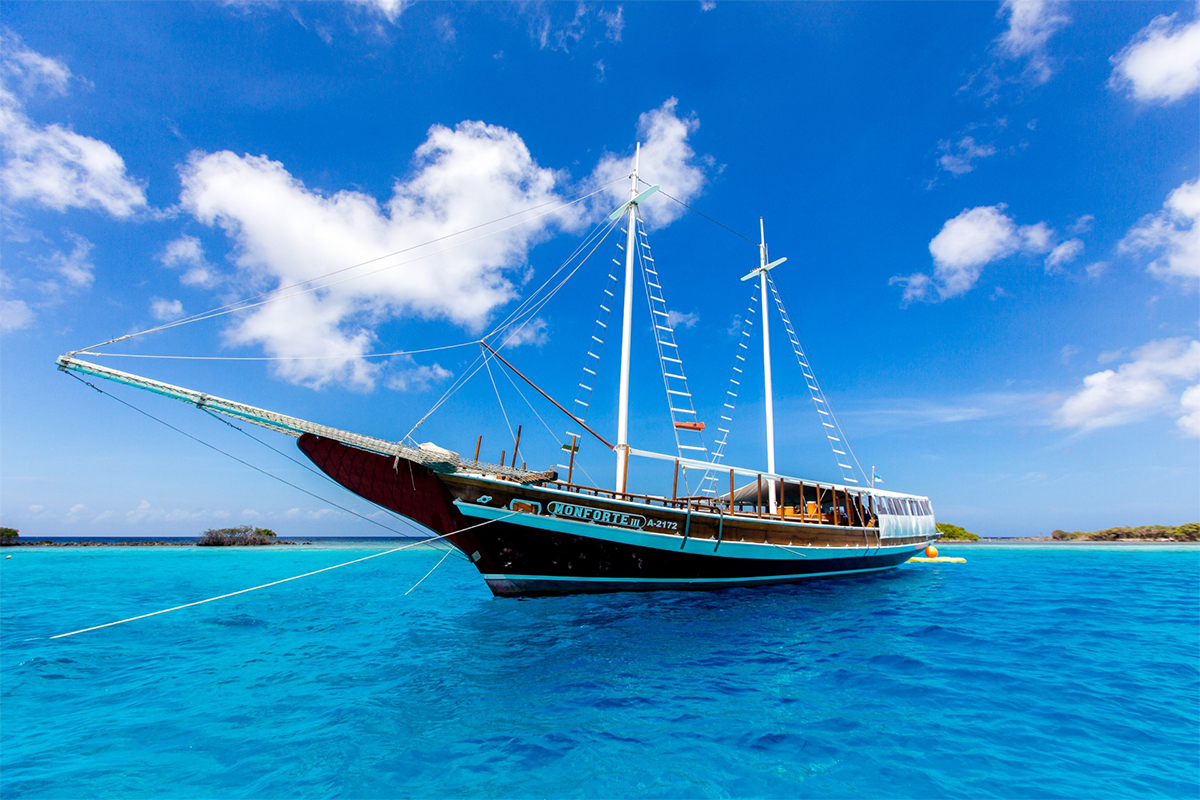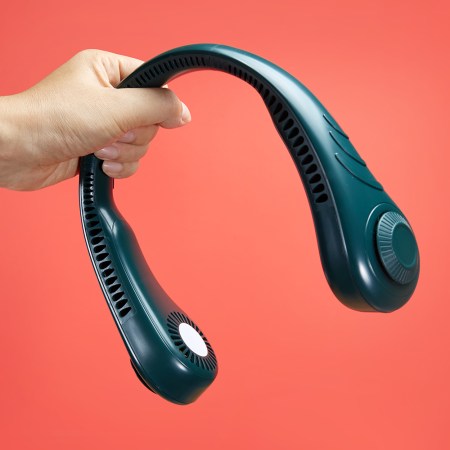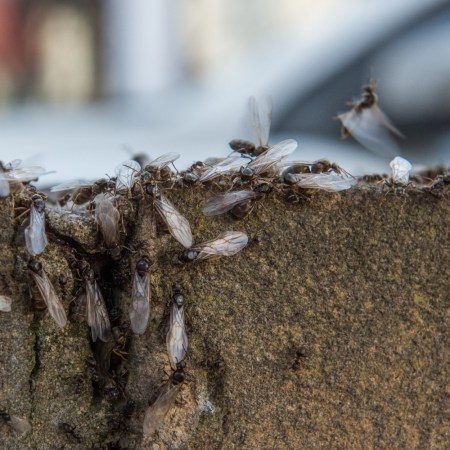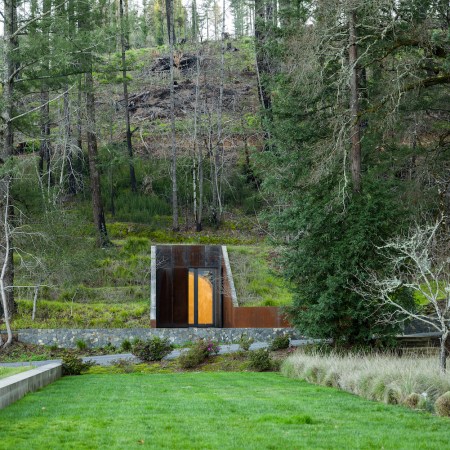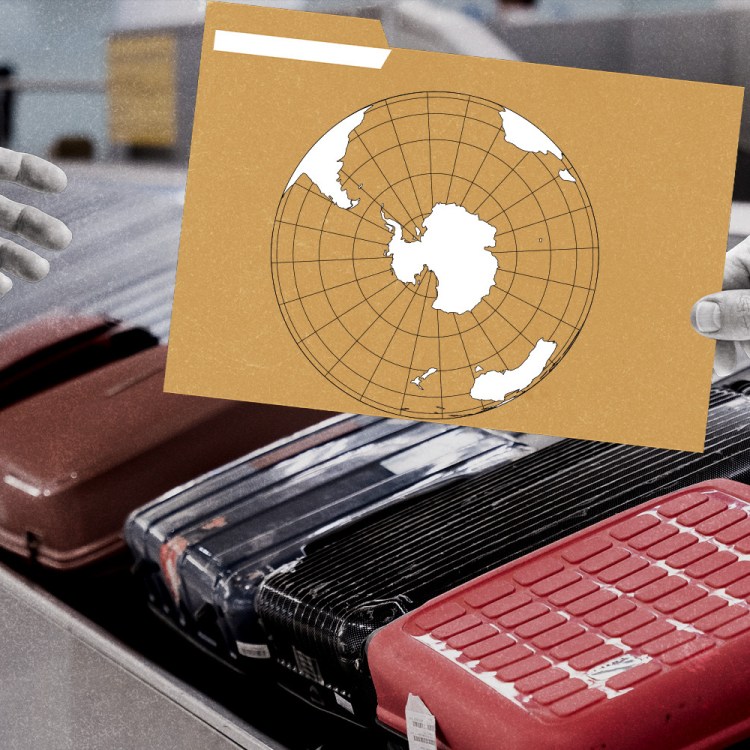Aruba’s Bucuti & Tara Beach Resort has a resilient streak. Its grand opening was on October 19, 1987, a day more commonly remembered as Black Monday, when the stock market crashed by more than 40% in certain countries, leading to worldwide losses of $1.7 trillion. The hotel survived the early setback and has thrived for over 30 years. It’s routinely ranked among the top beach destinations in the Caribbean, especially for couples.
It should come as little surprise, then, that Bucuti & Tara managed to glean something positive in a nightmare year for the tourism industry. Last month, the resort was recognized by the United Nations with a Global Climate Action Award. It’s the first time — in the distinction’s decade-long history — that the award has ever gone to a hotel. The UN typically highlights environmental efforts from nonprofits, universities and pioneering startups.
In its brief write-up, the UN notes: “[Bucuti & Tara] is the Caribbean’s first – and only – hotel to achieve carbon neutral certification, and now working to go carbon negative.” It’s true. For years now, the oceanfront, adult-only compound has been a dream trip for honeymooners — the sort of week spent reveling in excess — but behind the scenes, hotel staff have worked hard to make sure that once-in-a-lifetime consumption doesn’t hurt the planet.
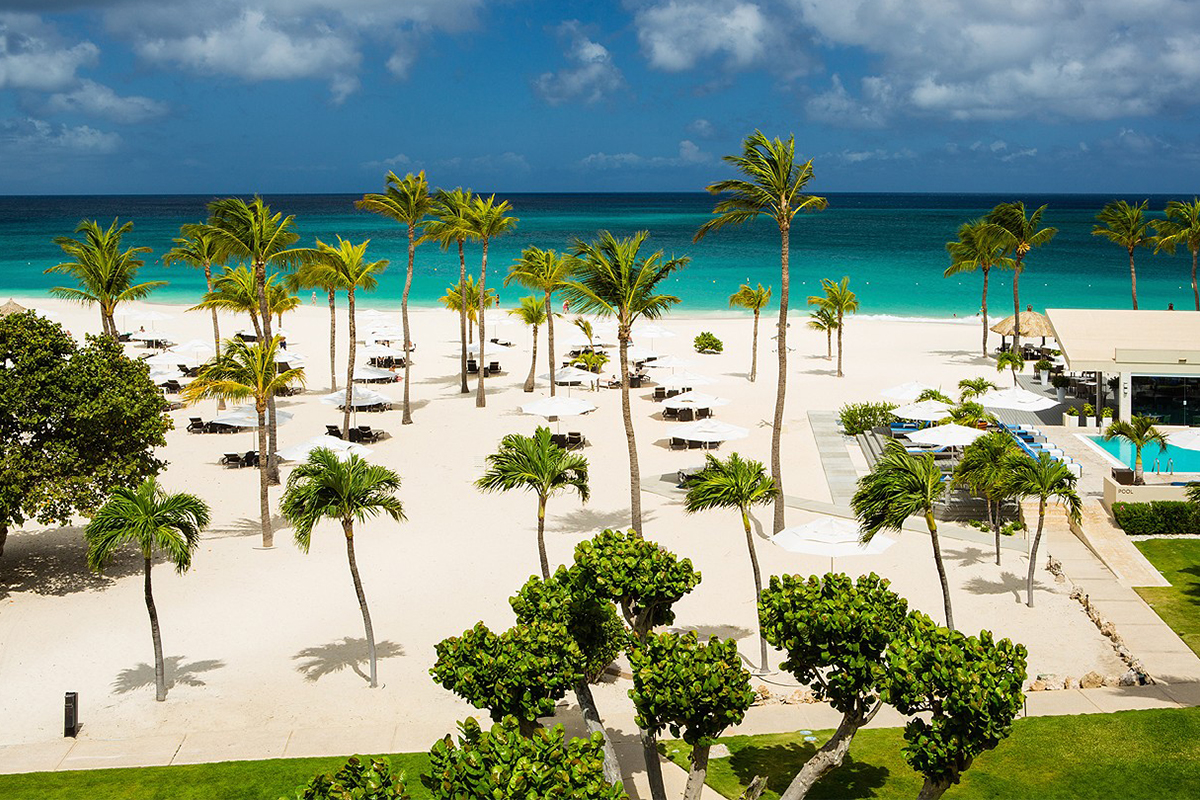
For instance, Bucuti & Tara now claims Aruba’s largest private sector solar panel system. With the help of wind turbines, 40% of the resort’s energy is clean. It banned styrofoam and single-use plastics 20 years ago, long before Aruba (or the rest of the world, for that matter) caught on to the practice. An astonishing 62% of its waste is diverted from landfills; the resort donates food waste to local pig farmers, repurposes linens and towels, and recycles glass and cardboard.
Pushing Bucuti & Tara over the top, though? Its LEED Gold certification. The resort took pains to retrofit its 32-year-old building (it’s way easier to build LEED from the ground up than renovate in hopes of achieving it) and is now the only LEED Gold building in the Caribbean. Windows are double-paned, air-filled and insulated — which prevents the building from overheating — and instead of air conditioning, the hotel uses a hyper-efficient variable refrigerant flow cooling system, which knows to turn itself off when guests are out for a snorkel.
It’s somewhat understandable that other resorts are reticent to make these sorts of investments. They’re expensive, after all. But as Ewald Biemans, the CEO of Bucuti & Tara points out, “Tourism is not the pillar of [Aruba’s] economy, nature is. Without our unspoiled nature there is no tourism.” Aruba generates 90% of its GDP from visitors. If the sights they’re coming to visit are quickly receding, or no longer there, the system could fall apart — with consequences that would make 2020, the year of the pandemic, seem positively halcyon.
It’s important to note, too, that Aruba is largely out of the hurricane belt. Caribbean resorts farther north, along with American ones along the Atlantic or Gulf, should be taking notes. Good environmental practices are good business decisions, in the long run. Plus, it gives your slice of paradise the opportunity to become the United Nation’s favorite honeymoon spot of the year.
Thanks for reading InsideHook. Sign up for our daily newsletter and be in the know.
